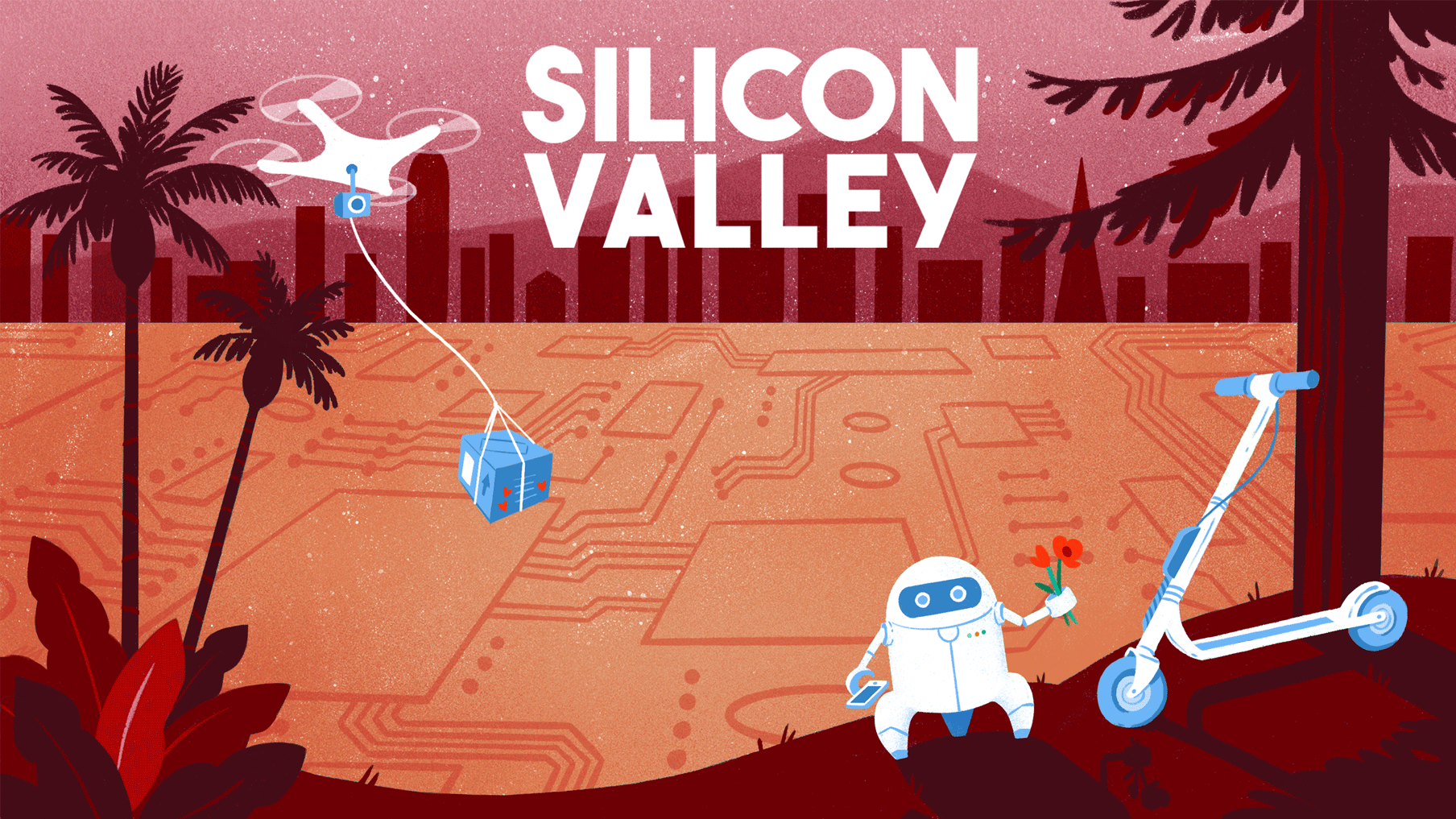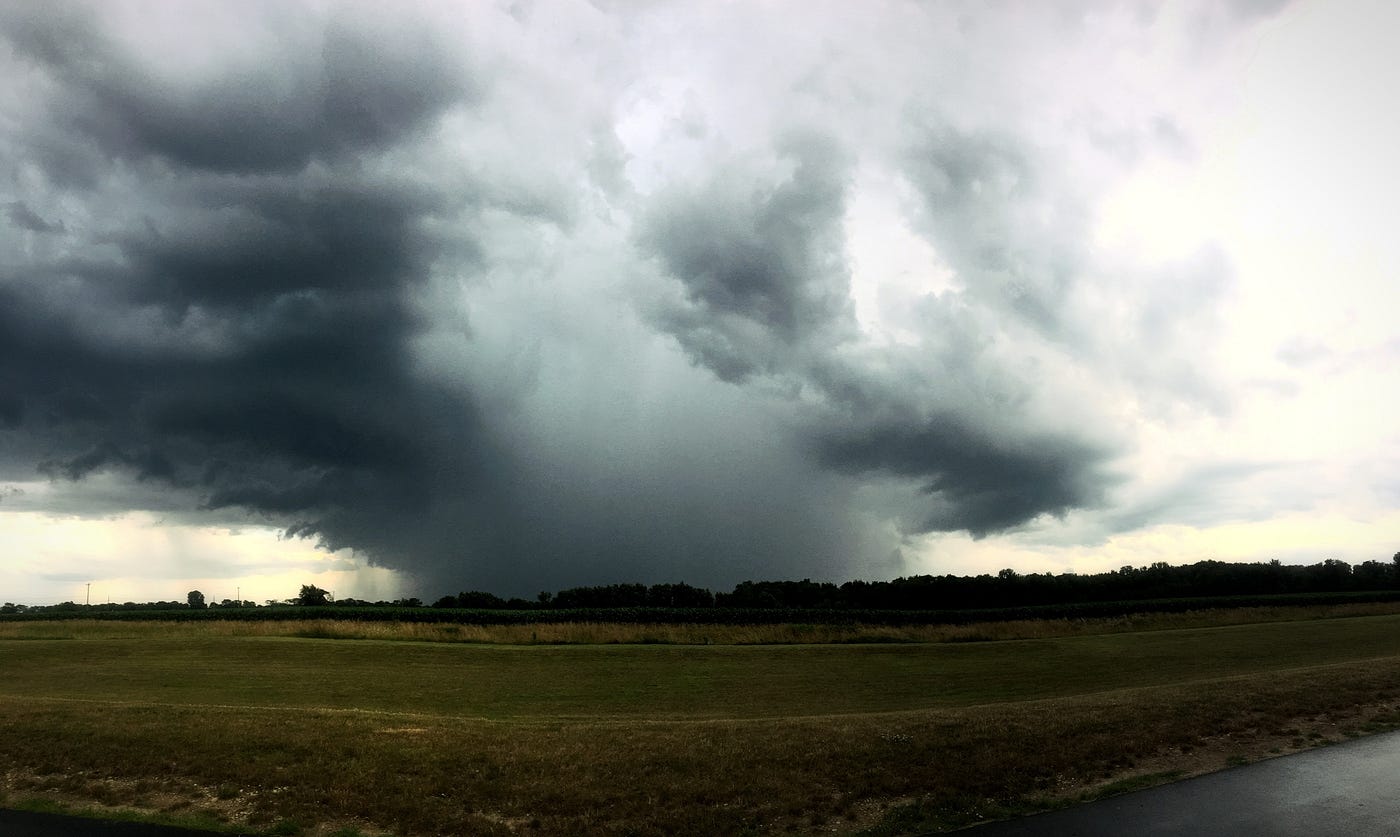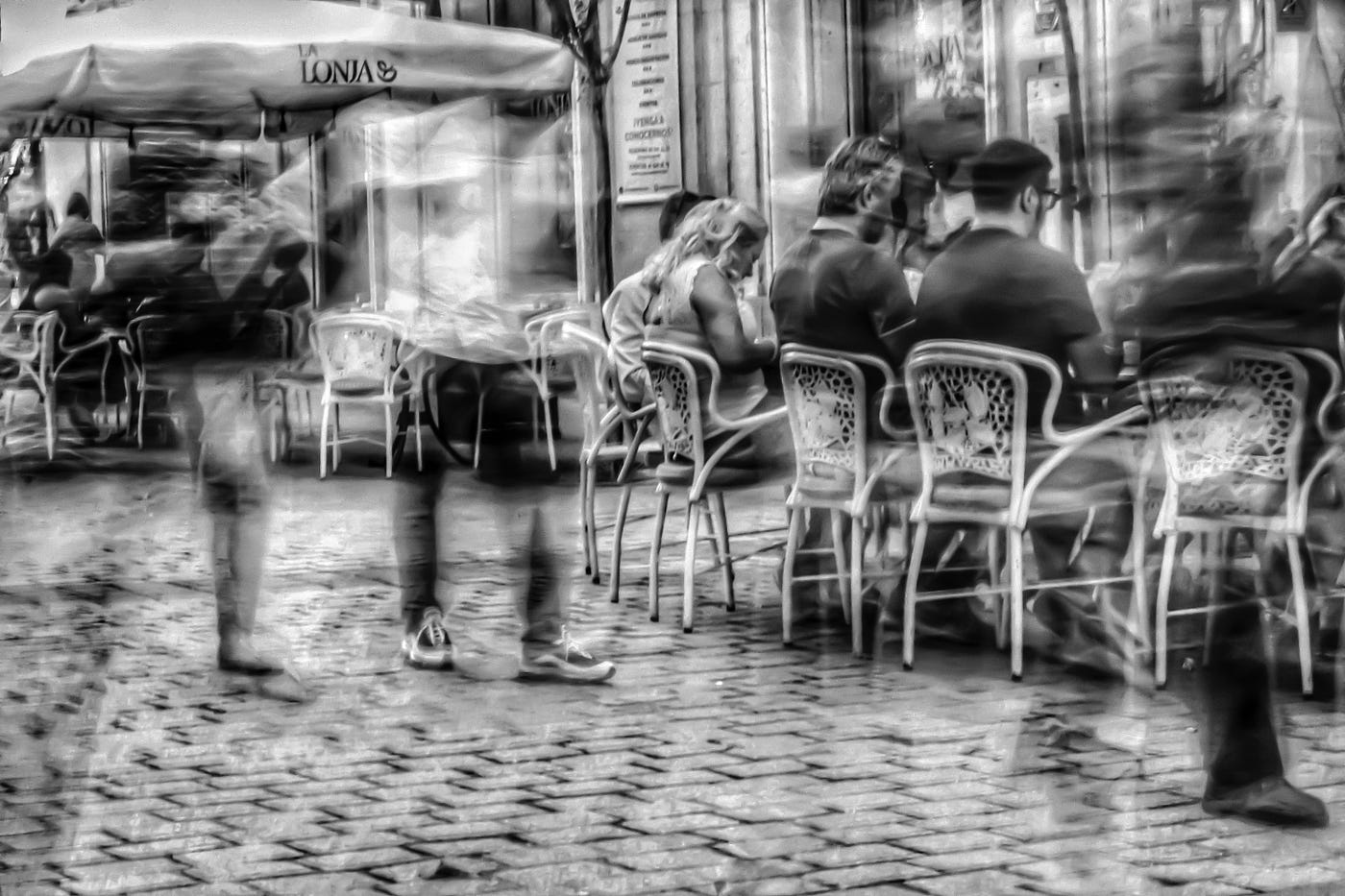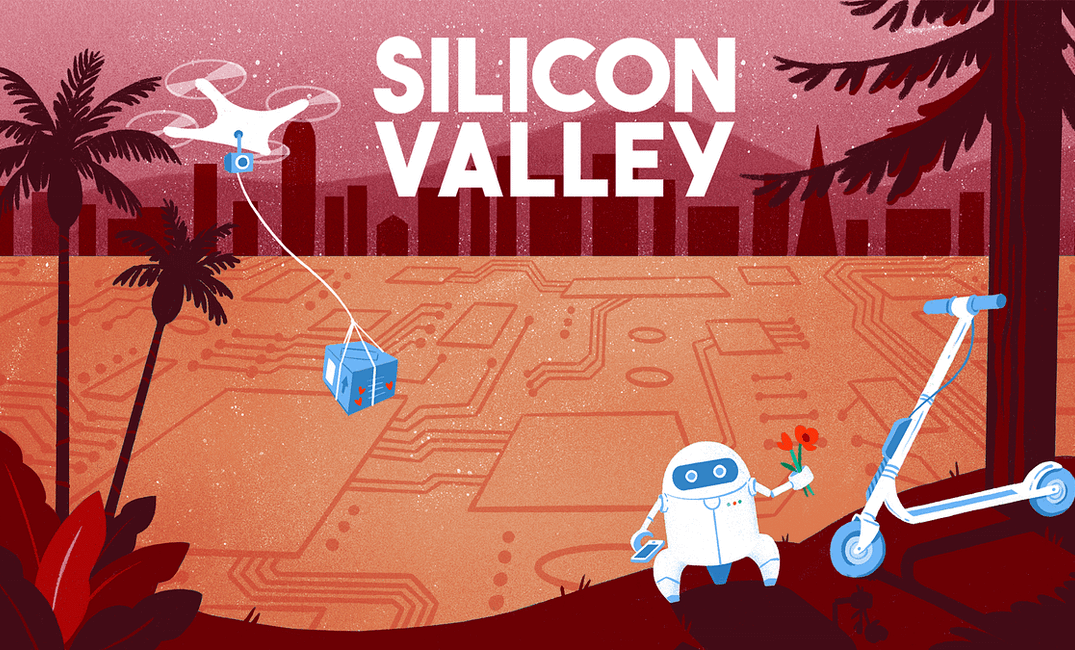The Weirdest Shit to Come Out of Silicon Valley

The Thanksgiving edition of Two Truths and a Lie, the Silicon Valley Startup Edition looks at the startups helping with that holiday gluttony.
Out of the following three startups, which is the fake one? One that converts your urine into a low-cal sugar replacement? One that gives you electric shocks if you overeat? Or one that uses custom straws to help you lose weight? (Scroll to the bottom for the answers.)
Know of some ridiculous stuff that happened over this past decade? Email or tweet me to include it in next month’s edition, which will cover the most ridiculous shit to come out of Silicon Valley this decade.
The AirPod prankster

All AirPod users share the same fear of dropping them and accidentally sinking $100 or so onto the sidewalk. Freelance art director and prankster Pablo Rochat decided to play off that fear by designing a bunch of life-size AirPod stickers and scattering them across downtown San Francisco. Techies have then been scrabbling at the city’s dirty sidewalks in a vain attempt to pick up what appear to be dropped AirPods, reported SF Gate.
Cue people fruitlessly scrabbling to pick them up, only to move away in disgust when they realize they’re just stickers. “I love getting a reaction and making people smile and laugh,” Rochat said. In a city that has a serious street-poop problem, I can see why people are pissed, but kudos to the evil genius of his plan. ’Tis the season to be jolly, and this low-tech prank hits all the right buttons. Next stop, Cupertino? Now that would be something.
Silicon Valley’s dopamine-free diet

The latest fad on the LSD-infused Soylent train wreck of Silicon Valley’s meal plans is less about living life to the full and more about Marie Kondo-ing your emotions. The buzz — or lack of it — is about dopamine fasting.
Quick science lesson: Dopamine is a neurotransmitter that plays a role in pleasure, motivation, and learning. It’s like your brain giving you a high five when something goes well.
Techies undergoing a dopamine fast refrain from stimulating environments to optimize themselves, as the San Francisco Chronicle explains. Think of it as clearing your web cache but for humans.
“Refrain from all stimulating activities (food, social media, porn, exercise, music, etc.) for one wake cycle. Instead, meditate, journal, reflect, think, and shower,” wrote James Sinka, founder of sleep-tracking startup Sleep Well, on Twitter. But Dr. Joshua Berke, a UCSF neuroscientist, called the idea bullshit. “Normal, pleasurable activities are not doing anything bad to your dopamine system,” Berke told the Chronicle. “Eating good food, talking with friends—there’s no reason to think you need to put a hold on them to keep on enjoying them.”
Growing meat out of air

The search for alternative sources of meat has taken a new twist. So far we’ve seen meat grown in a lab, meat made from algae, meat that’s plant-based and bleeds, and more. Now we have AirProtein, which claims to make meat out of air, reported Popular Mechanics.
The startup does this through a microbial fermentation process whereby air molecules are fed to microbes that convert the CO2 into a protein powder that can be used to produce chicken and beef. Lisa Dyson, AirProtein’s CEO, said that this was inspired by NASA’s research on close-looped carbon cycles. Basically, if you’re going to Mars, you need to maximize whatever you have, including the air that’s breathed in and out. It’s a little unclear just how we get from X to Y, but people who actually understand this shizzle appear to be on board, so it seems legit.
Restaurants are now ghosting

Not that long ago, I opened Uber Eats and searched for Indian food. A couple of places sounded good — and had many stars — but when I clicked on Yelp to read the reviews, I got nada. Zip. But the restaurant didn’t blink out of being; it never existed to begin with.
Enter the world of ghost-aurants, a rising trend, according to the Six Fifty. Restaurants that struggled to make ends meet due to skyrocketing rents and the high commissions taken by delivery apps are now starting to game the system. To cut costs associated with a brick-and-mortar presence, these ghost (or virtual) restaurants exist to offer only delivery fare. Even established brands, like Amici’s East Coast Pizzeria, are creating virtual restaurants that exist only on apps.
No wonder DoorDash, one of the leaders of the pack, has opened a 6,000-square-foot space specifically designed to host these ghost-aurants. With 38 million Americans using food apps in 2019, according to eMarketer data, you can’t blame restaurants for going virtual. This takes ghosting to a whole new level.
The Spotify of smut

Audio is king these days, and the revolution has come for the world of erotica too. Startups such as Quinn, Dipsea, and Ferly all offer audiophiles access to naughty tales and whispered erotica, reported the New York Post. The companies take different approaches; Quinn is more of a PornHub for ear-porn where creators upload their own tracks; users can filter by kink and gender, and there’s even a tag for British accents. Ferly is an all-round wellness app with audio stories and wellness advice, while Dipsea, which has raised $5.5 million, creates all their content in-house. Their library of erotic tales is professionally produced, hence the $9-a-month price tag. Sex sells, right?
Answers to Two Truths and a Lie, the Silicon Valley Startup Edition: The urine startup is the fake one. The startup Pavlok will shock you for overeating, while Zen Eating uses a straw to retrain your tongue to eat slower.







